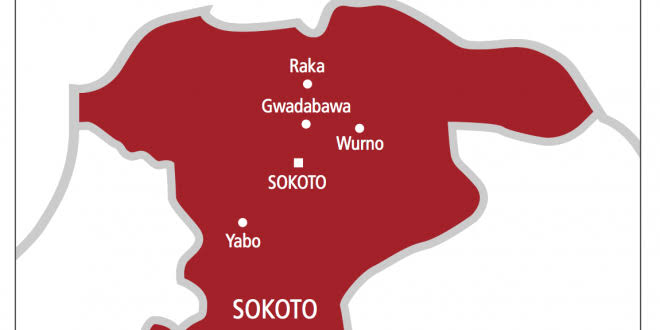Sokoto state government has reaffirmed its commitment to sustain engagement in strategic partnership to fight acute malnutrition among infants, young children and their mothers.
The state commissioner for Health, Asabe Balarabe, stated this during the close-out event of the partner agency FHI360 a nongovernmental organization that has partnered Sokoto government to reduce the negative indices of acute malnutrition in the state.
Represented by the Special Adviser to the governor on primary healthcare development, Bello Garba, the commissioner highlighted the reduction in malnutrition indices in the state, attributing the positive change to both the government’s efforts and the knowledge imparted by FHI360.
“Even before the arrival of FHI360, the Sokoto government had invested millions of naira through its healthcare delivery agencies to improve health development in the state,” the Commissioner said.
The state government has promised to sustain the implementation that has improved nutrition of pregnant and lactating women and encouraged the early initiation of breastfeeding with exclusive breastfeeding for six months that has helped in reducing the indices of malnutrition in the state.
The Commissioner presented traditional hand-woven bags to Mr. Victor Osatogbe, the State Coordinator of the FHI360 A&T Project, as part of measure to appreciate efforts of the organization.
In his remarks, Osatogbe expressed his gratitude, acknowledging the government’s support for successful project implementation.
He emphasized the need to sustain the strong partnership that has developed throughout the project’s tenure.
An estimated two million children in Nigeria suffer from acute malnutrition, with Nigeria has the second highest burden of stunted children in the world with a national prevalence rate of 32 per cent of children under five.
This is according to data released by the United Nations Children Funds UNICEF which further revealed that only two out of every 10 children affected is currently reached with treatment.
Sokoto state is one of the states with these negative indices, which has attracted several development partners to collaborate with the state to fight these challenges.
READ MORE FROM: NIGERIAN TRIBUNE
